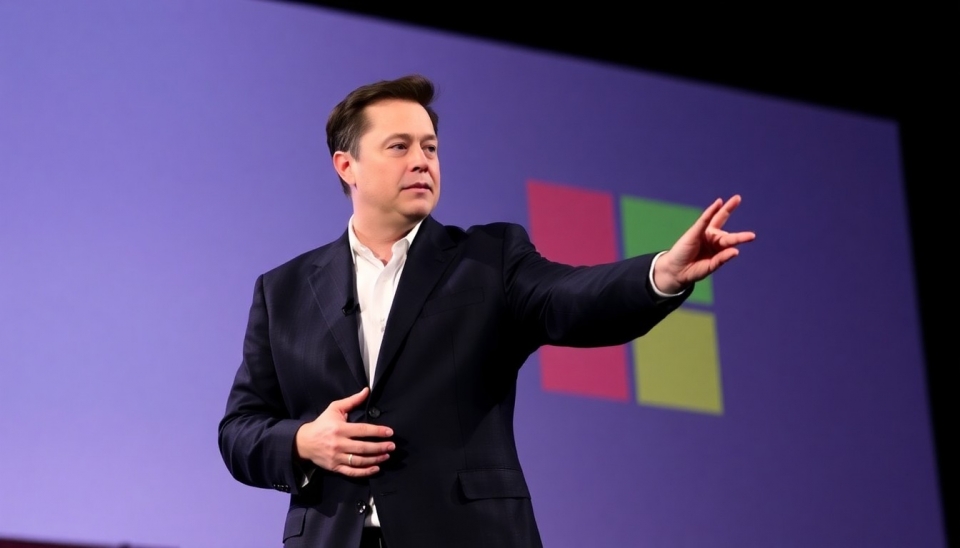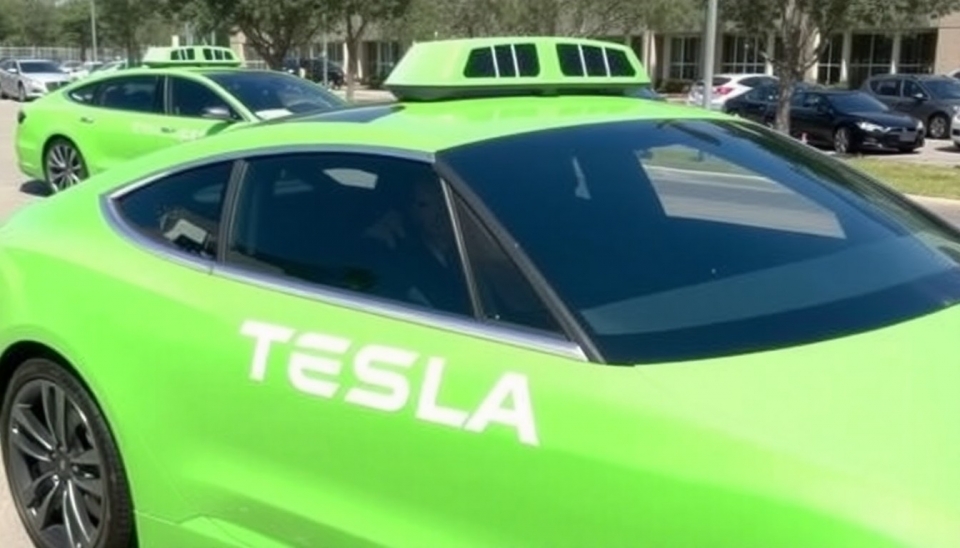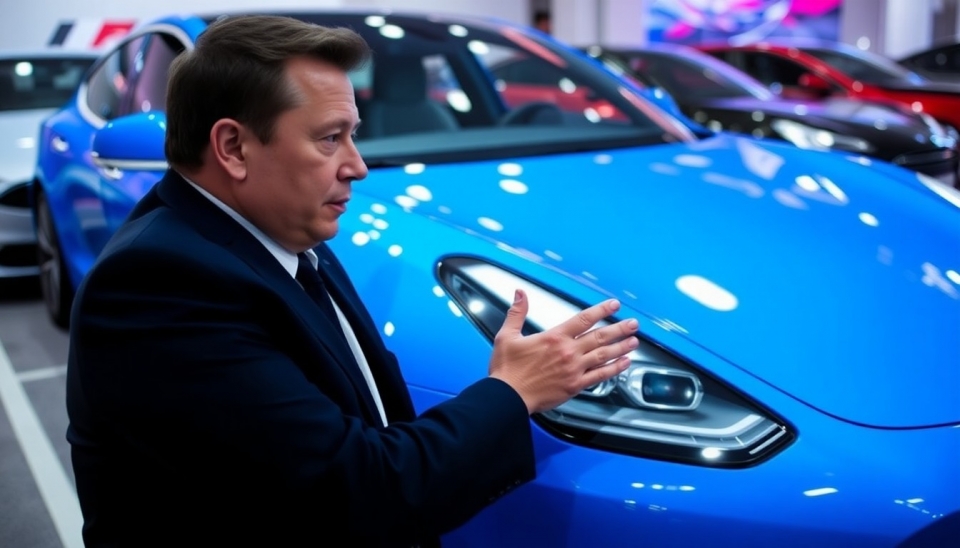
Elon Musk has recently expressed strong opinions concerning the Federal Trade Commission's (FTC) scrutiny of Microsoft, framing it as a validation of his assertions about OpenAI. Musk's comments come in the wake of increasing conversations about monopolistic behavior and the implications of major tech companies wielding significant influence, particularly in the realm of artificial intelligence (AI).
During a recent interview, Musk elucidated his belief that the FTC’s investigation signals serious concerns over Microsoft’s dominance in the AI space. According to Musk, these allegations corroborate his longstanding claims that OpenAI, which he co-founded, has veered away from its original mission due to significant corporate influence and interests, primarily those of Microsoft, which has established a substantial partnership with OpenAI.
Musk has argued that this partnership has transformed OpenAI from an independent research entity into an extension of Microsoft’s corporate strategy. He contends that the ethos of OpenAI—which was intended to prioritize ethical and safe AI development—has been compromised, risking the larger goal of ensuring the technology benefits humanity rather than serving the interests of a single corporation.
The FTC's investigation into Microsoft's activities illustrates the complexities within AI development and the urgent need for regulatory oversight. As tech giants push boundaries with innovative technologies, the risks associated with monopolies and lack of fair competition have become increasingly pronounced. Musk’s critique may resonate with those who advocate for a more transparent and equitable tech landscape.
Furthermore, Musk's views extend beyond mere criticism of Microsoft's corporate strategy. He has consistently warned about potential AI dangers and the importance of responsible governance in AI evolution. The dialogue he has initiated encourages a broader discussion about the implications of corporate involvement in transformative technologies. If major players in the tech sector control the narrative and development of AI, Musk fears that ethical considerations could be sidelined in favor of profitability.
In light of these developments, stakeholders across the tech industry, academia, and regulatory bodies are being urged to engage in discussions to ensure that AI advancements serve the public good rather than merely enhancing corporate power. The overlapping interests between businesses and AI technology raise critical questions: How can innovation be balanced with ethical concerns? What role should regulation play in the development of AI?
As the landscape of artificial intelligence continues to shift at an unprecedented pace, the spotlight on entities like Microsoft and the critiques from influential figures like Musk serve as calls to action for a more responsible approach to technology development. The outcome of the FTC’s investigation and the reactions it provokes could have lasting consequences for the future of AI and its governance.
#ElonMusk #Microsoft #FTC #OpenAI #ArtificialIntelligence #TechRegulation #MonopolyConcerns #EthicalAI
Author: Emily Collins




